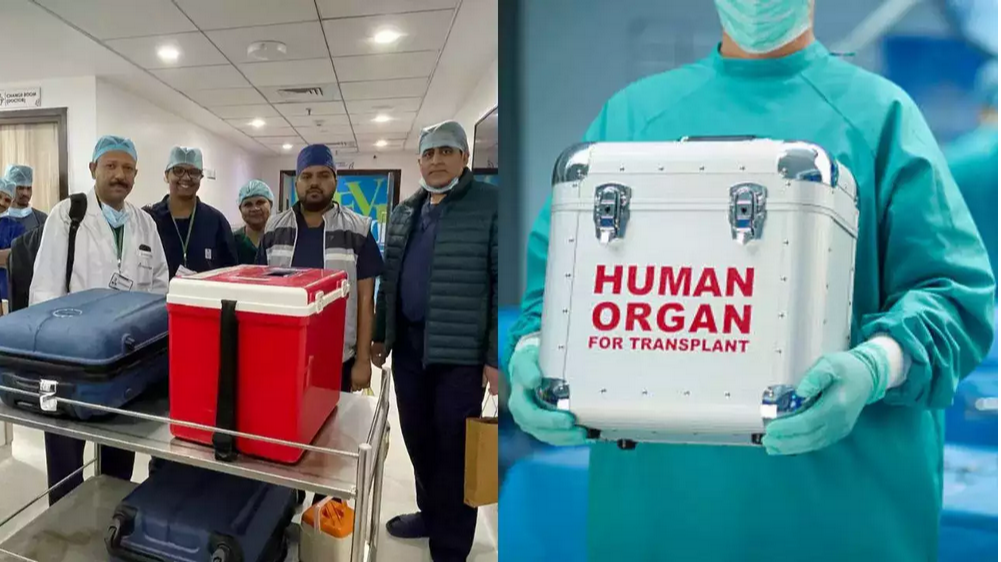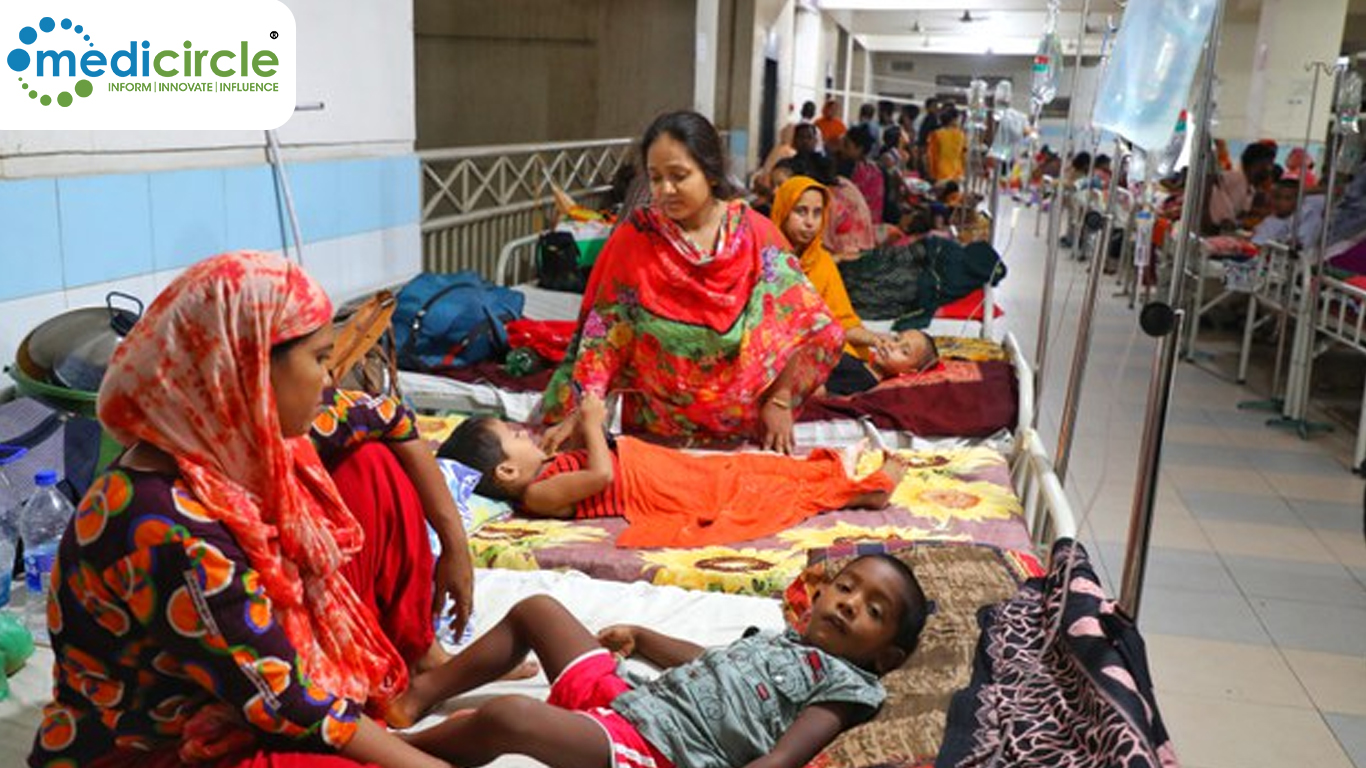In a concerning development, more than 50 students from a private coaching centre in Maharashtra's Pune district were hospitalized due to suspected food poisoning. The incident occurred after the students consumed dinner at the coaching centre, leading to symptoms such as stomach ache, vomiting, and diarrhea the following day.
Details of the Incident: The private coaching centre, located in Khed taluka, provides boarding facilities for over 500 students and specializes in coaching students preparing for competitive exams like the Joint Entrance Exam (JEE) and National Eligibility cum Entrance Test (NEET). After having dinner at the coaching centre on Friday night, more than 50 students reported symptoms of food poisoning.
Current Condition of Students: Following the onset of symptoms, affected students were promptly admitted to a nearby hospital for medical care. Fortunately, their condition is reported to be stable, which is a positive sign.
Investigation and Response: Authorities have launched a thorough investigation into the food poisoning incident. Food samples from the coaching centre have been collected and sent for laboratory testing to identify the cause of the contamination. The police are actively involved in the probe to ascertain the circumstances surrounding the incident and to ensure appropriate action is taken.
Understanding Food Poisoning: Food poisoning occurs when individuals consume contaminated food or water containing harmful bacteria, viruses, parasites, or toxins. Common symptoms of food poisoning include nausea, vomiting, diarrhea, abdominal pain, fever, and weakness. In severe cases, food poisoning can lead to dehydration and require medical intervention.
Importance of Food Safety: Incidents like this highlight the critical importance of food safety and hygiene practices, especially in establishments catering to large groups of people such as boarding schools or coaching centres. Proper food handling, storage, and preparation techniques are essential to prevent foodborne illnesses and ensure the well-being of individuals.
Precautionary Measures: To prevent foodborne illnesses and outbreaks of food poisoning, it is important to adhere to the following precautionary measures:
1. Maintain Hygienic Practices: Ensure that food handlers practice good hygiene, including frequent handwashing and wearing clean attire.
2. Monitor Food Storage: Properly store food items at appropriate temperatures to prevent bacterial growth and spoilage.
3. Cook Food Thoroughly: Ensure that all food items, especially meat and poultry, are cooked thoroughly to kill harmful bacteria.
4. Use Safe Water: Use clean and safe water for cooking and drinking purposes to prevent waterborne illnesses.
5. Inspect Food Sources: Regularly inspect food sources and suppliers to ensure the quality and safety of food products.
6. Educate Staff and Students: Conduct training sessions on food safety and hygiene practices for staff and students to raise awareness and promote safe food handling.
The recent food poisoning incident at the coaching centre in Pune serves as a reminder of the importance of food safety and the need for stringent measures to prevent such occurrences. Prompt medical intervention, thorough investigation, and implementation of food safety protocols are crucial to safeguard public health and prevent future incidents of foodborne illnesses. Authorities and establishments must collaborate to ensure that food handling practices meet stringent standards and prioritize the well-being of individuals in educational and residential settings.

 Proper food handling, storage, and preparation techniques are essential to prevent foodborne illnesses and ensure the well-being of individuals.
Proper food handling, storage, and preparation techniques are essential to prevent foodborne illnesses and ensure the well-being of individuals.









.jpg)
.jpg)









.jpeg)

.jpeg)










.jpg)




.jpg)

